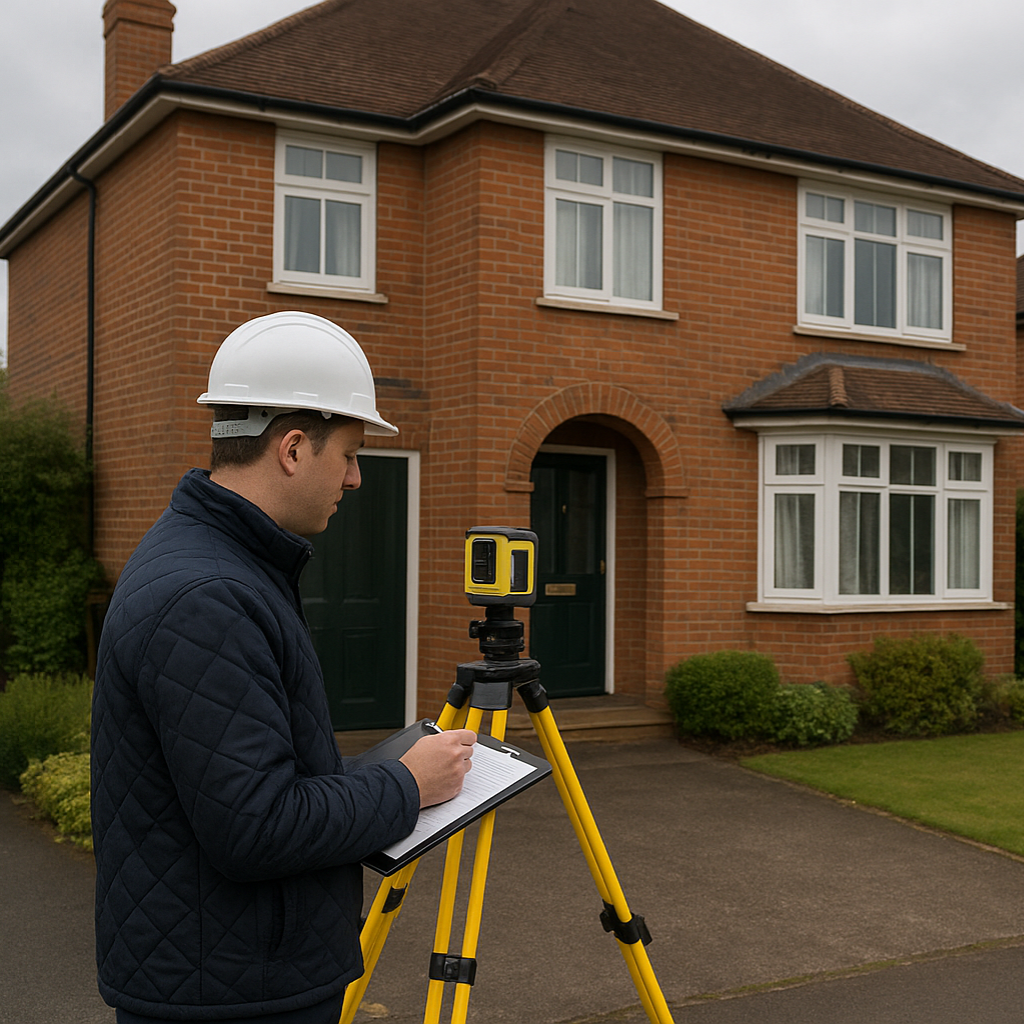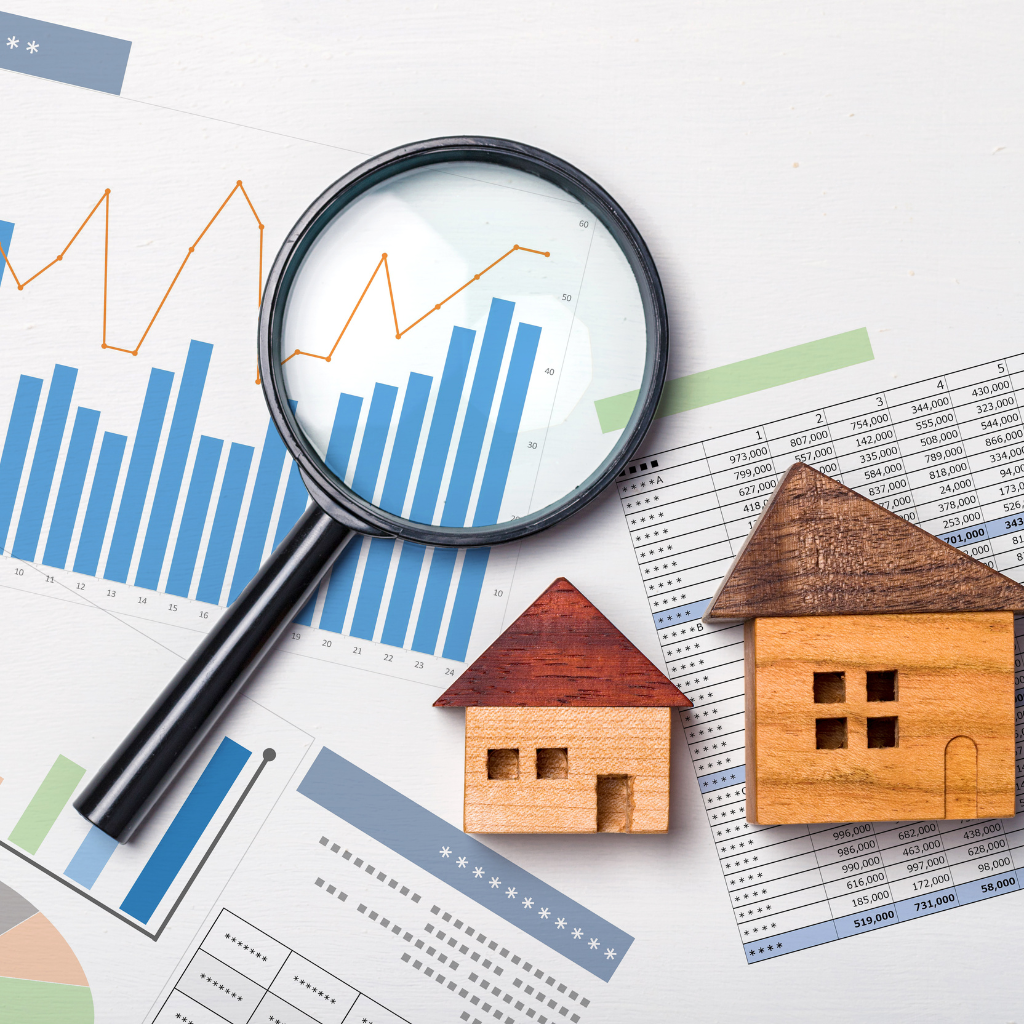More homeowners in the UK feel encouraged to look at remortgages. This trend appears when their home value has increased, and it can lead to opportunities for improved loan-to-value terms. Remortgaging may help free up extra funds or secure better interest rates. It is essential to understand how it works, especially if your house value has increased a lot over the years. This blog shows what you might consider before remortgaging, including early fees, loan-to-value considerations, and getting a new mortgage. Exploring professional guidance for tailored remortgage advice and options can make the process more transparent and help you secure the best deal.
Understanding How Remortgage Works When the Value of the House Has Increased
This section explores how remortgaging actually works when the house value increases. It includes details about shifting loan-to-value numbers, how lenders view your equity, and what it means to switch into a new mortgage deal. This part also covers possible fees and highlights factors influencing your financial decisions about remortgaging.

The Significance of Loan-to-Value When Home Prices Have Increased
Loan-to-value measures how much you can borrow relative to your home’s worth. When your home has increased, you hold more equity than the mortgage balance. Lenders see that as lower risk. That could lead to better interest rates and potentially lower monthly payments. Mortgages RM often advises reviewing the loan-to-value details before making a move. If you bought the house years ago, remortgaging when your house value has increased might help you capture improved deals. You could also ponder if you want to borrow more by releasing extra equity for renovations or significant expenses. Still, consider whether the costs of switching make sense. Lenders might charge arrangement or valuation fees.
Steps Toward a New Mortgage With Improved Equity
Remortgaging starts with checking your property’s value. Once you see how much equity you have, approach a lender or broker to discuss available products. They will review your credit score, income, and your home’s current market value. You can switch from your current agreement to a new mortgage if you qualify. This sometimes provides a better interest rate or extra funds.
Documentation remains key. Lenders often want bank statements, income proofs, and property details. During that process, you may decide if you wish to increase your remortgage borrowing. A bigger loan might help finance renovations or pay off debts. Mortgages RM recommends comparing offers to see if fees make sense. The most significant step is verifying that your total costs improve in the grand scheme, especially if you hope for a more comfortable monthly payment.
Determining If Your Home Value Has Increased
Homeowners wonder how to determine their property’s value before deciding on a remortgage. This section explains how to pinpoint the actual market price. It addresses online estimates, professional valuations, and how house values have increased in many UK neighbourhoods. Gathering the correct figures can prevent setbacks later.
Professional Home Valuations To Confirm House Value Has Increased
Surveyors offer official reports on your home’s worth. They look at size, condition, regional factors, and recent sales nearby. Their findings can carry weight with lenders, who need reliable data. If you think the value of my home is higher now, hiring an independent chartered surveyor gives evidence you can present to potential lenders. Some lenders even require professional checks before finalising a new mortgage deal.
Professional valuations cost some money. You might weigh that against the benefits of a more accurate result. Still, if house prices in your region have shot up, the expense can be worth it. An updated valuation might tip you into a better loan-to-value range. That can save you more in the long run.

Talking With Experts To Validate The Value Of My Property
Local estate agents know about your neighbourhood. They see recent transactions and remain in tune with buyer demand. These professionals might clarify whether your house value has increased enough to justify looking into remortgaging. Many will do a market evaluation for free, hoping to secure business if you choose to sell.
Discussions with experts help you learn if the local market is still rising or if buyer interest has cooled. You can also gauge how quickly properties are selling. A rising market suggests that the value of my property has likely increased, which could pave the path for better mortgage terms. It is still best to combine their insights with professional valuations to paint a thorough picture.
Below is a brief table illustrating some methods for valuing your property:
| Method | Benefit |
|---|---|
| Professional Valuation | Accurate and recognized by lenders |
| Online Valuation | Quick and free |
| Local Estate Agent | Deep insight into neighborhood sales |
Key Benefits When Your House Value Increases For Remortgaging
Remortgaging when your house value has increased in the UK can help you secure favourable rates, free up funds for projects, or consolidate debts. This section covers those benefits and highlights why reviewing overall costs is essential. Sometimes, homeowners can remortgage to release equity, which might let them handle significant home improvements or other goals.
Remortgage To Release Equity For Large Expenses
Rising prices can open the door to more equity over time. Accessing that equity might help fund remodelling projects or pay for significant expenses. Remortgaging to release equity only makes sense if you are prepared for bigger monthly payments or a longer repayment term. People will need to see how it affects their finances.
Mortgages RM often advises clients to examine how a larger loan might impact personal goals. Spending the extra capital on something that raises your property’s potential worth might pay off. Others use equity for higher-interest credit card payoffs, turning many scattered debts into one monthly payment.
Securing Better Rates When Home Value Has Increased
If your home value has increased beyond what you originally paid, that creates a more substantial equity cushion. Lenders might see you as a lower risk. This can translate into better interest rates and improved mortgage products, sometimes saving homeowners considerable money. That is especially beneficial if you locked into higher rates before.
Securing a better rate brings relief to many families. People often find new comfort when their monthly bill is reduced through a lower interest payment. Sometimes, the difference is modest. Other times, it can be substantial, depending on how dramatically your house value has grown and how many points you can shave off your rate.
Reducing Your Monthly Payments Through A Lower Loan-to-Value
Once your loan-to-value ratio drops into a new bracket, lenders will likely offer deals designed for borrowers with more equity. That is one reason to time your remortgage for a period after the house value increases. It can knock your monthly payments down in a noticeable way.
The potential savings look appealing; check for arrangement fees or other charges. A lower rate could be offset if the lender’s fees are substantial. Some mortgages carry exit penalties as well. Ultimately, the sum of costs needs to work in your favour.

Potential Drawbacks Of Remortgaging When House Value Has Increased
Disadvantages of remortgaging might appear if you overlook fees or extend your total repayment period. Sometimes, switching to a new mortgage could carry hidden charges. Remortgaging early can trigger exit penalties. And not everyone qualifies for better deals. This section covers these risks to see where remortgaging might not work for everyone.
Hidden Fees In A New Mortgage
A new mortgage can come with appraisal and arrangement fees. The lender might need valuations. Legal costs may apply too, especially when switching lenders. If your cost savings from the lower rate are less than your outlay, the remortgage might not be worthwhile.
Different lenders have varied fee structures. Keep an eye out for administration charges and reservation fees. Sometimes lenders even offer fee-free deals. The important thing is to compare the final numbers. You only get a clear snapshot of whether you stand to gain or lose by switching.
Early Repayment Penalties For Remortgaging Early
If you still have time left in a fixed-rate or special type of deal, leaving early could mean exit charges. These might be called early repayment charges and often represent a percentage of the remaining loan. They can be high if you exit soon after starting the mortgage. This might undo any interest savings if you are not careful.
When people see that their house value has increased, they might feel excited. That does not always mean pulling the trigger on a remortgage is instantly wise. Mortgages RM advises homeowners to do some math. Figure out the total penalty, then compare that to the potential interest savings across time.
Wrapping It Up
Remortgaging when house value has increased often helps reduce monthly outflows or frees up equity for bigger plans. Yet it is not a simple fix for every homeowner. You must weigh arrangement fees, potential early repayment charges, and your life goals. If your loan-to-value improves enough, a new mortgage could bring down costs.
The best approach is to look at your income, plans, and local market. Then you can find out the value of your property through reliable valuations. Some people proceed. Others wait. You might want professional guidance from Mortgages RM to see if these benefits align with your priorities. The choice varies, but staying informed puts you in a stronger financial position. Learn more about remortgaging your house with bad credit to understand your options.




